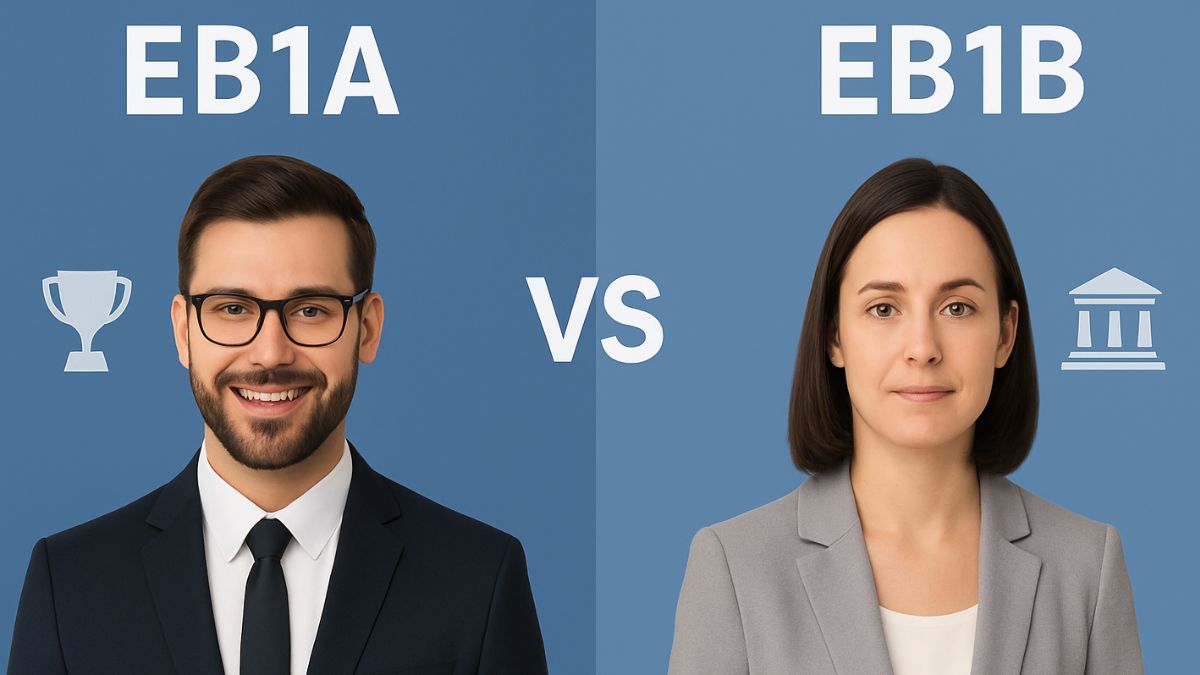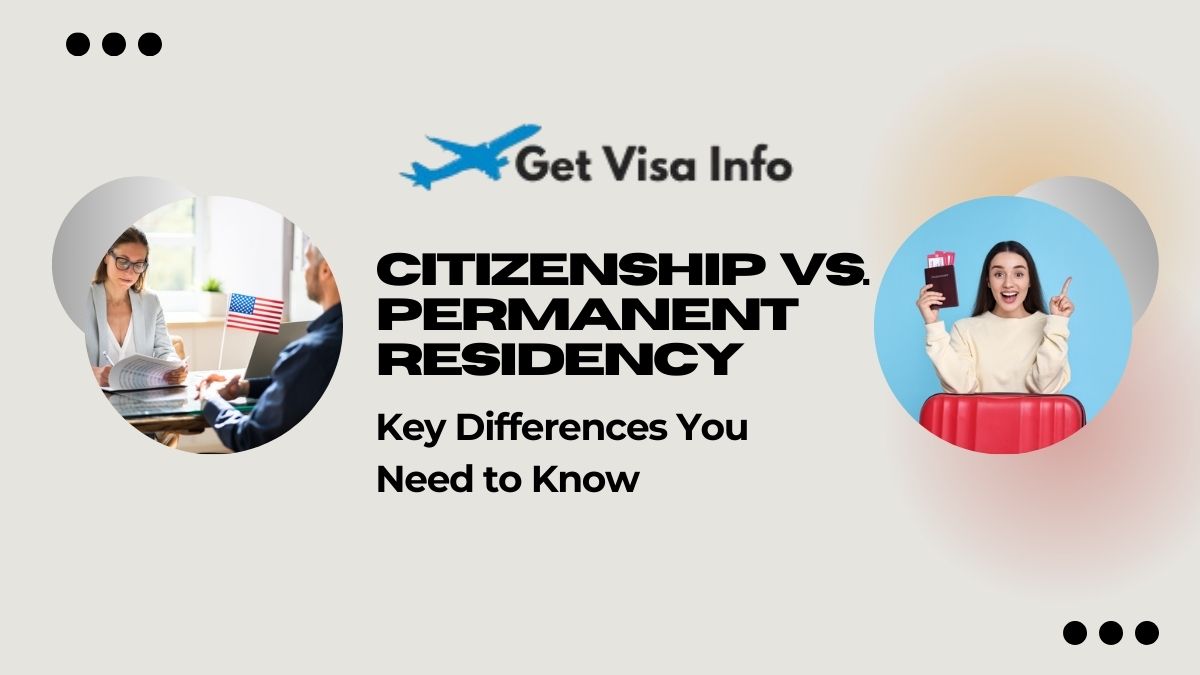
- January 4, 2025
- Heisenberg
- 0
Family reunification is a vital aspect of immigration policy, enabling individuals to bring their close family members to live with them in a new country. For many immigrants, being able to live near their loved ones provides emotional stability, support, and long-term integration. Countries around the world prioritize family reunification as part of their immigration systems, recognizing the importance of family ties. However, navigating the complexities of visa categories, eligibility requirements, and application processes can be challenging. This blog explores the key steps, requirements, and considerations for securing permanent residency for your family members.
Table of Contents
ToggleUnderstanding Family Reunification
Family reunification allows individuals who have obtained permanent residency or citizenship to sponsor certain family members to join them. The process ensures that close relatives—spouses, children, parents, and sometimes extended family—can live together in a new country. While family reunification policies vary from country to country, most countries aim to balance the need for economic and social integration with respect for family bonds.
Key Terms and Eligibility
- Sponsor: The primary applicant who holds permanent residency or citizenship and applies to bring family members to the country.
- Eligible Family Members: Immediate family members such as spouses, children, parents, and in some cases, siblings or other extended family members.
- Types of Visas: Family reunification typically falls under various visa categories, including spouse visas, child visas, and parent visas, depending on the country’s immigration system.

Types of Family Reunification Visas
Different countries have varying categories for family reunification visas, each with specific criteria and requirements. Below are the common types of visas offered under family reunification programs:
1. Spouse or Partner Visa
- Definition: This visa is issued to the spouse or long-term partner of a permanent resident or citizen.
- Eligibility: The applicant must demonstrate a genuine and legally recognized relationship, such as marriage or a long-term partnership.
- Documentation Required: Proof of marriage, relationship history, financial stability, and cohabitation intentions.
- Duration: Spouse visas usually offer long-term or permanent residency options upon approval.
| Country | Processing Time | Eligibility Requirements | Key Documents Needed |
| United States | 10-15 months | Marriage certificate, proof of financial support, proof of relationship | Marriage certificate, proof of cohabitation, financial documents |
| Canada | 12-16 months | Proof of relationship, sponsorship agreement, medical examination | Marriage certificate, proof of income, language proficiency test |
| Australia | 12-24 months | Genuine relationship proof, financial support, health requirements | Marriage certificate, financial evidence, health exams |
2. Child Visa
- Definition: A child visa allows minor or dependent children of a permanent resident or citizen to join their parents.
- Eligibility: The child must be under the age of majority (varies by country), unmarried, and dependent on the sponsor.
- Documentation Required: Birth certificate, proof of parent-child relationship, financial documents, and sometimes educational records.
- Duration: Child visas typically lead to permanent residency once the child reaches eligibility age.
| Country | Processing Time | Eligibility Requirements | Key Documents Needed |
| United States | 1-2 years | Birth certificate, proof of relationship, financial support | Birth certificate, financial documents, proof of custody or guardianship |
| Canada | 7-9 months | Proof of relationship, parental sponsorship, medical exam | Birth certificate, parental consent, financial support documents |
| Australia | 8-12 months | Birth certificate, proof of custody, financial evidence | Birth certificate, custody documents, medical check results |
3. Parent Visa
- Definition: A parent visa allows parents of a permanent resident or citizen to live with their children in the host country.
- Eligibility: The parent must be dependent on the sponsor and meet specific age and financial dependency criteria.
- Documentation Required: Birth certificate, proof of dependency, financial documents, health exams.
- Duration: Parent visas often lead to permanent residency, but requirements vary widely.
| Country | Processing Time | Eligibility Requirements | Key Documents Needed |
| United States | 7-12 months | Proof of relationship, financial support, dependency | Birth certificate, financial proof, health exam |
| Canada | 20-24 months | Proof of relationship, financial support, dependency | Birth certificate, proof of income, health checks |
| Australia | 20-24 months | Proof of relationship, financial support, dependency | Birth certificate, financial evidence, health assessment reports |
Key Requirements for Family Reunification
Each country has specific criteria to determine eligibility for family reunification. Understanding these requirements is crucial to avoid delays or rejections. Below are some common requirements for family reunification:
1. Proof of Relationship
- Spouse/Partner: Marriage certificate, joint financial documentation, proof of cohabitation.
- Children: Birth certificates, custody or guardianship documents, school or medical records to establish dependency.
- Parents: Birth certificate, proof of dependency, and medical evidence to demonstrate care and support.
2. Financial Support and Stability
- Many countries require sponsors to demonstrate sufficient financial stability to support their family members.
- Proof: Pay stubs, employment contracts, tax returns, or bank statements.
3. Health and Character Requirements
- Most countries require family members to undergo medical examinations to ensure they are not a burden on public health services.
- Character Check: Background checks, criminal record clearances, and proof of moral integrity may be required.
4. Integration and Community Participation
- Some countries emphasize the need for family members to demonstrate they are integrated into the local community and will contribute positively.
- Documentation: Proof of language proficiency, employment, or community involvement may be required.
Conclusion
Family reunification is a fundamental component of immigration, helping individuals stay connected with loved ones while fostering family unity. While the process of securing permanent residency for family members can be complex, understanding the various visa types, eligibility requirements, and documentation needed is essential for a smooth application. Each country has its own set of rules, making it important to stay informed and prepared to meet the necessary criteria. By navigating these systems effectively, you can ensure your loved ones are able to join you and build a life together in a new country.
Check out our blog for the latest on family reunification, global visa policies, and reuniting families. Stay hopeful, stay inspired!












